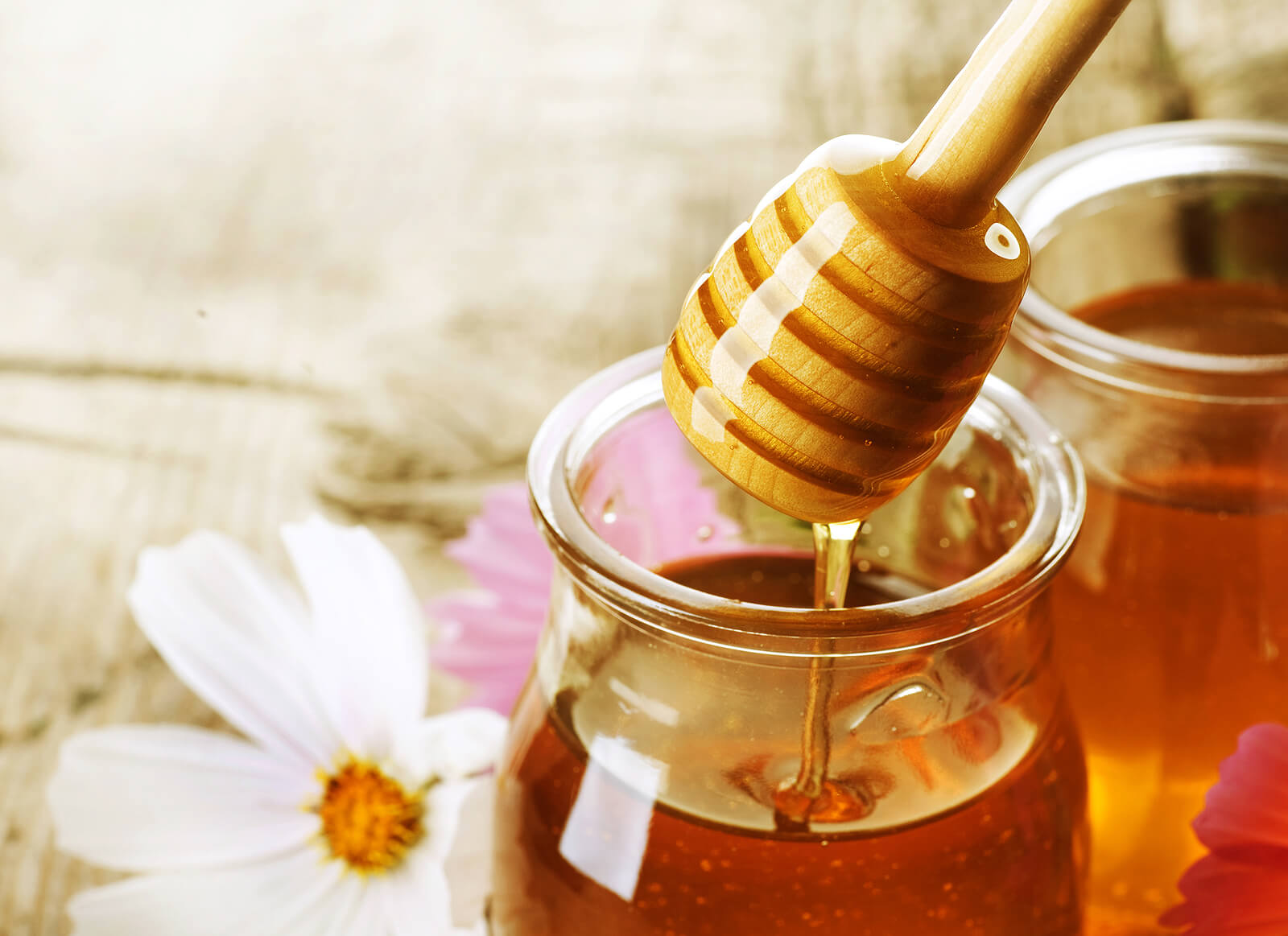Is It Safe to Consume Sweeteners During Pregnancy?

Not all sweeteners available on the market are considered safe during pregnancy. Some may increase the risk of the fetus developing malformations or health problems. The first thing to be clear about is that, during the gestation period, it’s crucial that you take maximum care of your diet. It’s important to satisfy nutritional requirements in order to ensure the development of the fetus, while at the same time avoiding the intake of toxins that may harm it. With that in mind, in the following article, you’ll learn all you need to know about the consumption of sweeteners during pregnancy.
Sweeteners during pregnancy
It’s important to classify the different types of sweeteners that can be found in order to study them in detail. A distinction is made between nutritive sweeteners and non-nutritive sweeteners.
Nutritive sweeteners
These compounds contain calories. They’re not used for the composition of “light” or “diet” foods, as they increase the energy density of the diet. The most common are sucrose, dextrose, and maltose.

These sweeteners are considered safe during pregnancy, although their intake in excessive amounts may increase the risk of developing gestational diabetes. This is evidenced by research published in Nutrients. In this regard, it’s best to limit the intake of simple carbohydrates.
Non-nutritive sweeteners
This group includes a large number of products of chemical origin also known as artificial sweeteners. Not all of them are considered safe during pregnancy. Some of them may even increase the risk of developing metabolic diseases and may also negatively affect the composition of the microbiota.
As a general rule, experts consider the following to be safe:
- Stevia
- Acesulfame potassium, except in people with phenylketonuria and liver disease
- Aspartame
- Sucralose
Sweeteners that you can’t use during pregnancy
Within the group of non-nutritive sweeteners, there are some that are totally inadvisable during pregnancy. These are the following.
Saccharin
Although its consumption is allowed in adults, there are doubts about its effects on the physiology of pregnant women. Some articles, such as the one published in the American Journal of Obstetrics and Gynecology , affirm that the intake of this element could generate an increase in the risk of chronic diseases, such as metabolic diseases.
Cyclamate
Some research has associated the regular consumption of cyclamate with a higher incidence of cancer. For this reason, its use has been discontinued, especially in pregnant women. According to a study published in the journal Spectrochimica Acta, cyclamate could cause DNA damage, which is related to problems in replication, which can lead to the formation of tumors.
Safe sweeteners during pregnancy
Although some non-nutritive sweeteners are considered toxic, there are others belonging to the nutritive group that you can introduce into your diet. However, caution is advised. Excessive intake of these ingredients could be counterproductive to metabolic health.
Fructose
Fructose is the sugar found in fruit. It’s contained in many plant-based foods, although it’s also freely administered to ultra-processed products. It isn’t good for health when ingested in the context of sugary soft drinks, so the most practical option for its inclusion in the diet is through fruit purees.
Natural sweeteners

Honey and maple syrup can be included in the group of natural sweeteners. Both contain a large amount of sugar, so their intake should be moderate. However, they also contain antioxidants and bioactive compounds such as royal jelly, which are positive for health.
Stevia
Within the group of non-caloric sweeteners, stevia is considered the highest-quality product. However, the labeling should be checked, as it is sometimes marketed with saccharin, which can pose a risk to pregnant women.
It’s important to choose the right sweeteners during pregnancy
As you’ve seen, choosing the right sweetener to use during pregnancy is key to ensuring good health. A mistake in this regard could produce problems in the development of the fetus, as well as damage on a cellular level.
In any case, it’s important to limit the use of all these compounds in the context of a healthy diet. Their chronic ingestion could lead to the development of metabolic diseases, such as diabetes.
All cited sources were thoroughly reviewed by our team to ensure their quality, reliability, currency, and validity. The bibliography of this article was considered reliable and of academic or scientific accuracy.
- Mustad VA, Huynh DTT, López-Pedrosa JM, Campoy C, Rueda R. The Role of Dietary Carbohydrates in Gestational Diabetes. Nutrients. 2020 Jan 31;12(2):385. https://pubmed.ncbi.nlm.nih.gov/32024026/
- Palatnik A, Moosreiner A, Olivier-Van Stichelen S. Consumption of non-nutritive sweeteners during pregnancy. Am J Obstet Gynecol. 2020 Aug;223(2):211-218. https://pubmed.ncbi.nlm.nih.gov/32275895/
- Hu Y, Xie M, Wu X. Interaction studies of sodium cyclamate with DNA revealed by spectroscopy methods. Spectrochim Acta A Mol Biomol Spectrosc. 2019 Sep 5;220:117085. https://pubmed.ncbi.nlm.nih.gov/31146213/
